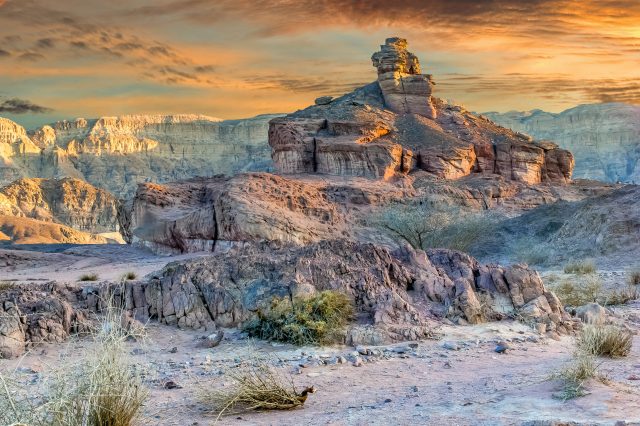This website uses cookies so that we can provide you with the best user experience possible. Cookie information is stored in your browser and performs functions such as recognising you when you return to our website and helping our team to understand which sections of the website you find most interesting and useful.
Israel’s Negev Desert could help winegrowers survive climate change
Traditional winegrowing regions struggling with drought and wildfires as a result of climate change are looking to vineyards in the barren Negev desert for guidance.

According to scientists, up to 85% of land in wine-growing areas will no longer be viable in the future due to the effects of climate change. And with the mercury already soaring in wine regions like California’s Napa and Sonoma, traditional wineries are starting to seek advice from vineyards operating in extreme climates.
One such hostile environment is Israel’s bone-dry Negev Desert, where winemakers are overcoming exceptionally challenging conditions to not only grow grapes but to produce world-class wine.
With nearly 100-degree temperatures during the day and close to freezing at night – not to mention less than 11 inches of rain per year —you could be forgiven for thinking that vines could never flourish here.
Not so, according to Eran Raz, who runs Nana Estate Winery, which sits in The Negev, nestled between sand dunes around 15miles from the Egyptian border to the west and Jordan to the east. The pioneering Israeli winemaker has proved that vines can survive in even the toughest of conditions, with the right TLC.
“A lot of people told me there’s no way to grow grapes here. I thought to myself OK, I’m going to prove to myself that I can do it,” Raz told NBC.
Because the rocky Negev lacks nutrients and other necessities, growers here must enrich the soil one ingredient at a time, which allows scientists the unique opportunity to observe the impact of individual variables. Raz believes this puts The Negev in a rare position to create a shining model for viticulture within a changing climate.
Biochemist Aaron Fait, also based in The Negev, envisions creating a manual for each grape variety, with the exact inputs that every type of grape needs to create perfect wine. “Nowhere in the world can you use the field as a true laboratory like we use it in the Negev Desert,” Fait told Smithsonian magazine.
Fait’s lab analyses 30 varieties of grapes, some of which show “very promising resistance” to drought.
With the Nana Estate Winery producing world-class Chenin Blanc and Chardonnay, the desert vines are living proof that there are ways to thrive in a hotter world. Good news for producers in regions like Sonoma, where the grape crop was down nearly 40% in 2020, partly due to unfavourable climate conditions.

